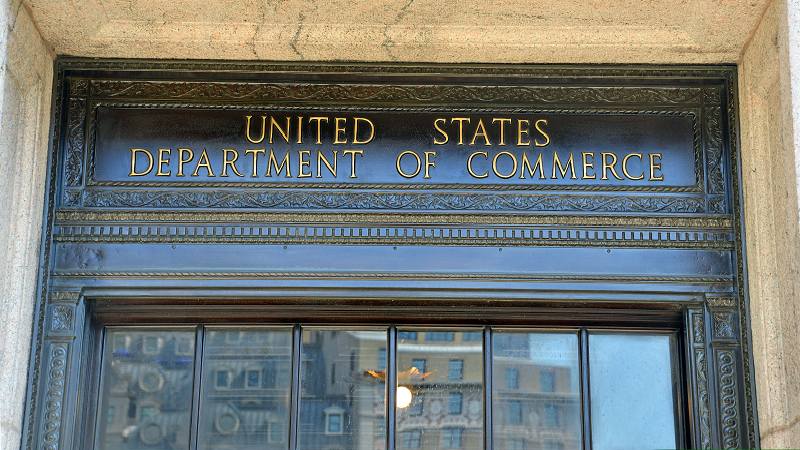
U.S. Commerce Secretary Gina Raimondo told lawmakers on Wednesday the agency was in the process of making “strategic investments” with plans to announce CHIPS Act funding this fall.
During a Senate Commerce hearing, Raimondo told lawmakers that the Department of Commerce (DoC) continues to disburse critical funding featured in the CHIPS and Science Act to boost semiconductor research and development in the U.S.
In August 2022, President Biden signed into law the bipartisan CHIPS and Science Act, which includes nearly $280 billion in new funding investments for domestic semiconductor research and manufacturing.
Raimondo highlighted that in her conversations with lawmakers, many ask about the speed at which the department is moving on the CHIPS Act, but she reiterated that the department has made significant progress.
According to Raimondo, in the coming weeks, the Commerce Department will be making a major announcement about the Tech Hubs program, a $10 billion economic development initiative, included in the CHIPS Act, that awards grants to accelerate technology-led economic growth across the country.
“We have been overwhelmed by the quality and quantity of the tech hub applications,” Raimondo said. “If we come away with nothing else, it’s clear this is worthy of more funding.”
Raimondo noted that the agency has received more than 400 Tech Hubs applications.
In addition, she explained that last month, the department issued a final rule that meets the national security goals of the CHIPS Act.
The rule, “Preventing the Improper Use of CHIPS Act Funding,” seeks to impose two guardrails – limiting the expansion of semiconductor manufacturing in foreign countries of concern and limiting joint research or technology licensing efforts with foreign entities of concern that relate to technology or products that raise national security concerns.
“The rule will help ensure CHIPS investments enhance global supply chain resilience and promote U.S. leadership in designing and building important semiconductor technologies,” she said.”
Raimondo also told lawmakers that the department has launched several other funding opportunities.
In February, the DoC launched the first funding opportunity, seeking applications for projects “to construct, expand, or modernize commercial facilities for the production of leading-edge, current-generation, and mature-node semiconductors.” And in the coming months, the department intends to announce an “additional funding opportunity for research and development facilities.”
“[We’re] moving as fast as [we] can, but it’s more important to get it right than move fast,” Raimondo said. “I hope we will have some CHIPS funding announcements this fall.”
But she warned lawmakers that the biggest hindrance to the DoC’s ongoing efforts to boost U.S. semiconductor manufacturing is a government shutdown.
Congress narrowly averted a shutdown after passing a short-term spending bill on Sept. 30 late at night. According to Raimondo, that shutdown could have significantly impeded investments and the department’s ongoing efforts to implement the CHIPS Act.
The short-term funding bill will keep the government open until November 17. However, it remains unclear if lawmakers will pass another spending bill before then to avoid a shutdown.
“It goes without saying that China, Russia, Iran aren’t shutting down … The work we’re doing in the CHIPS Act is essential to our national security, and any shutdown would be massively disruptive to our ability to stay on the pace that we’re on in implementing this important work,” Raimondo said.
